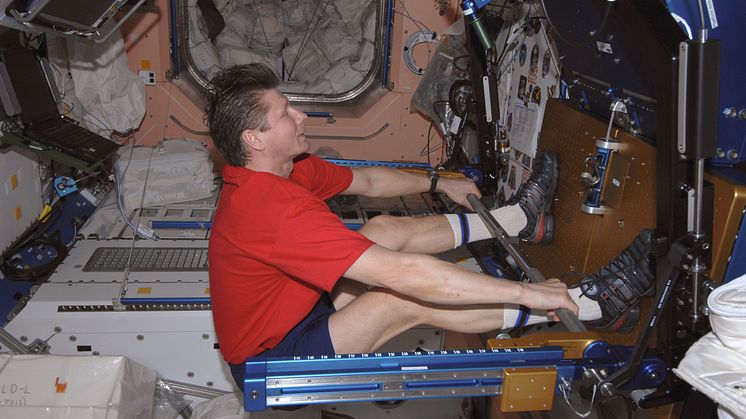Read the latest issue of Northumbria University News: Summer 2024 edition
The Summer 2024 edition of Northumbria University’s newspaper is available to collect on campus or read online now.
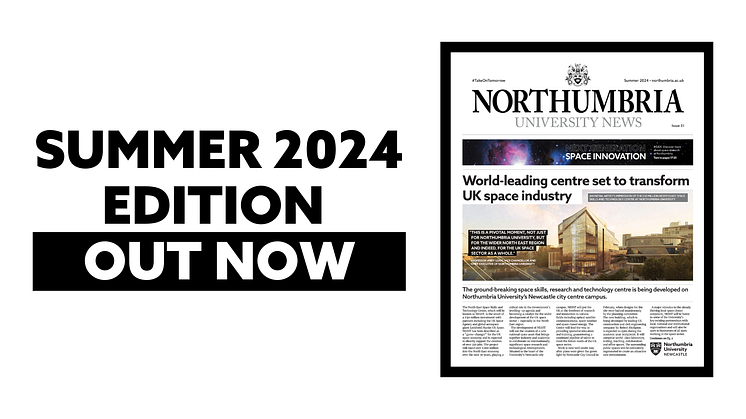
The Summer 2024 edition of Northumbria University’s newspaper is available to collect on campus or read online now.

Scientists using data from the Solar Orbiter spacecraft have made progress in understanding the origins of the 'slow' solar wind, shedding light on how it forms and leaves the Sun. This research helps explain the variability and complexity of the solar wind, providing new insights into its behavior and composition.
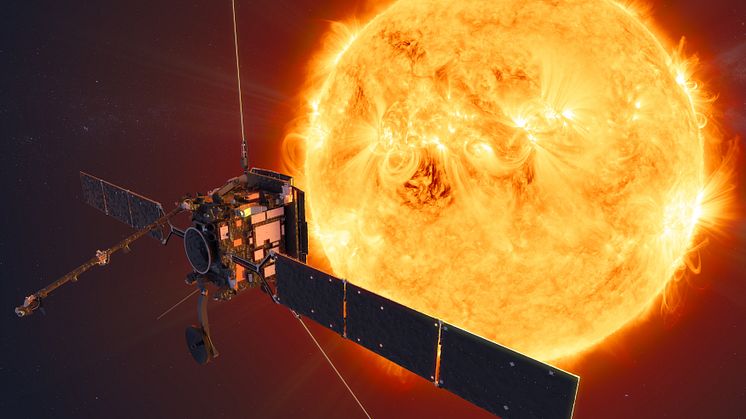
In this article originally written for The Conversation*, Dr Thomas Cheney, Vice Chancellor's Research Fellow and Assistant Professor at Northumbria Law School in Northumbria University, discusses the implications of Space Junk.
Professor Tom Stallard, a Planetary Astronomer from Northumbria University, has been granted access to the James Webb Space Telescope to study and capture images of the auroras on gas giants Saturn and Uranus. This unique opportunity will provide unprecedented insight into these spectacular light shows and planetary atmospheres.
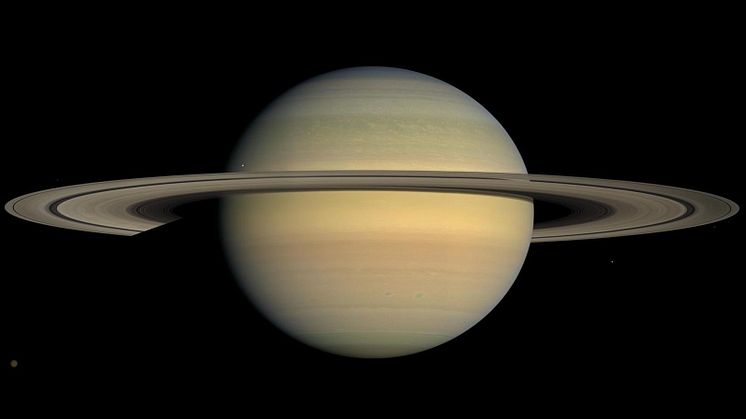
Dr Andy Smith, a solar physicist at Northumbria University, has been honored by the Royal Astronomical Society for his work in using artificial intelligence to predict space weather. His models are used by the Met Office for space weather forecasts. Smith was awarded the Winton Award for his use of AI techniques to monitor and predict solar eruptions and their impact on Earth.
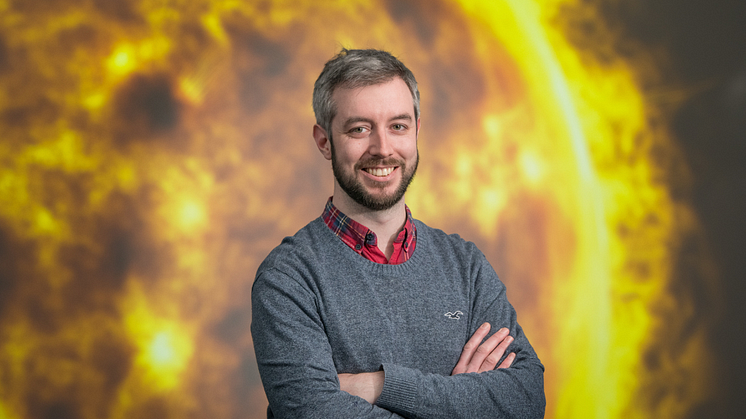
Space health experts at Northumbria University have won a global competition that will enable them to explore blood flow restriction training among astronauts during spaceflight.
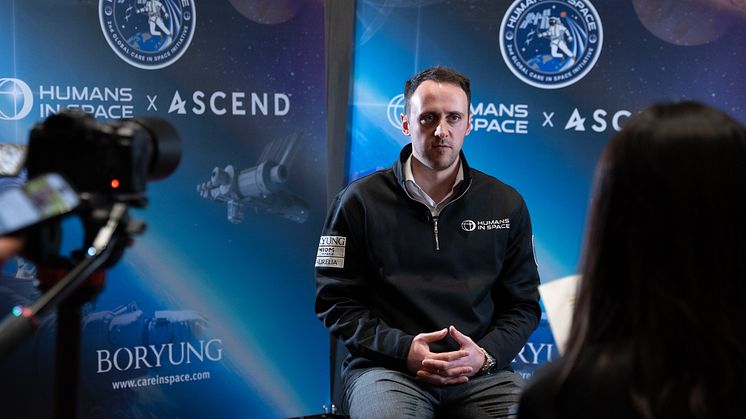
Investments from Lockheed Martin, the UK Space Agency and Northumbria University forge pathway for NESST’s global prominence.
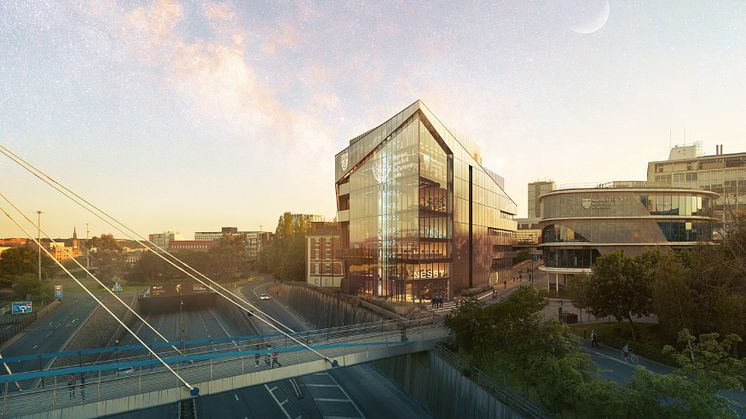
In an article for The Conversation, Christopher Newman, Professor of Space Law and Policy, and Nick Caplan, Professor of Aerospace Medicine and Rehabilitation at Northumbria University, discuss the legal, cultural and environmental issues we will have to consider as space tourism come closer to reality.
Researchers at Northumbria University are asking people to spend two months in bed to identify how astronauts’ bodies decondition while they’re exploring outer space.
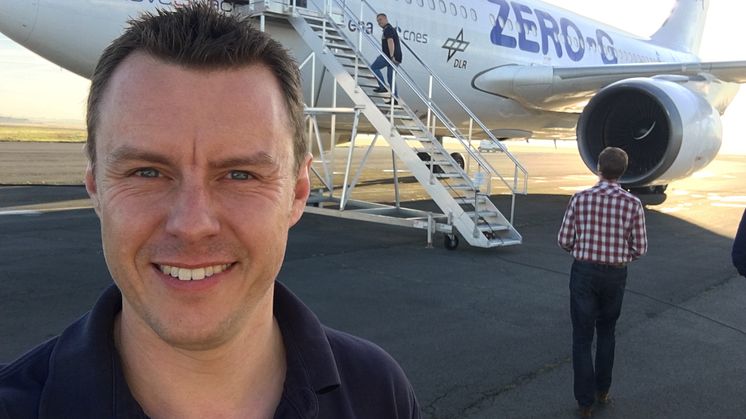
A Northumbria student is celebrating stratospheric success after receiving industry recognition for his work in helping combat astronauts’ back pain when they return home from space.
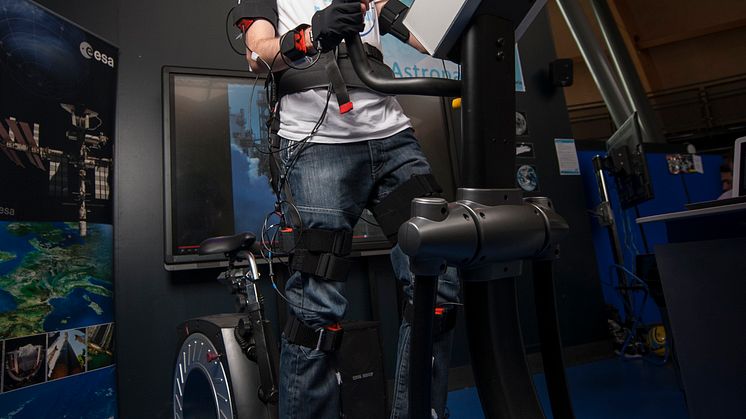
Astronauts could one day tune in to the morning’s space weather report to see whether they should take that trip to Mars, thanks to research led by Northumbria University, Newcastle.
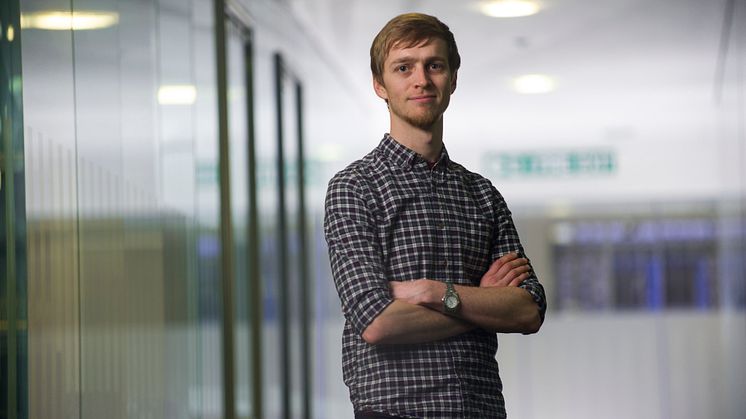
Dr Nick Caplan, from the Deparment of Sport, Exercise and Rehabilitation discusses the impact of space travel on the body.
